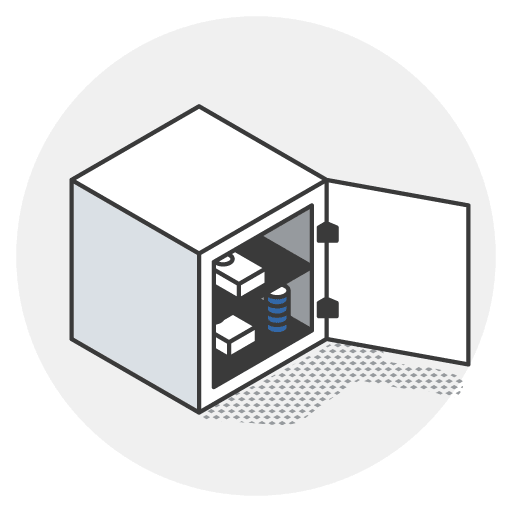
Are You the Family Bank?
Are You the Family Bank? Here’s How to Turn a Potential Burden into a Blessing
Picture this: Your phone rings. It’s a family member – again. You instinctively brace yourself, because this isn’t just a “Hey, how are you?” call. Nope. This is a “Hey, I’m in a bit of a bind and could really use some help” call. And just like that, you’re the Bank of You, open for business.
Now, before you start printing checks or offering zero-interest loans to your sister who just knows her big investment will take off any day now, let’s hit pause. Because while helping family is admirable – and often deeply rewarding – it’s also a fast track to financial stress if you’re not careful.
Why You?
Let’s face it: if you’re getting these calls, it probably means you’ve got your act together. You save. You plan. You don’t bounce checks. Congrats – you’ve become “the responsible one.” But with that title comes a subtle expectation. If you can help, shouldn’t you? And if you don’t, well…does that make you heartless?
No, it makes you smart. Especially if you take the time to get really clear on what helping others might mean for your own financial life.
Step One: Budget for Generosity
Here’s a wild idea: What if helping family members was actually part of your financial plan? Instead of reacting in the moment – eyes wide, heart pounding, calculator smoking – you could calmly say, “Let me check our family giving fund.” (Yes, that can be a real thing.)
By knowing in advance what you can afford to give, without jeopardizing your retirement, health care, or dream of someday living near the beach with excellent Wi-Fi, you’re making decisions based on love, not panic.
Think of it like this: If your retirement goal is $7,000 per month starting at age 62, with zero debt and a backup plan for healthcare, then you already know what margin you have for unexpected generosity. And if that margin is slim? It’s okay to say no. Or not now. Or maybe just not that much.
Step Two: Give Without Guilt
When you plan ahead, giving feels a lot better. It shifts from, “Ugh, I guess I have to help again,” to, “Yes, I get to help—and I know it won’t derail our own future.” That’s a powerful shift.
And if you’ve carved out a little ‘helping others’ account of maybe a few hundred bucks a month, or a small percentage of your annual bonus, then you’ve created space to say yes and sleep at night. That’s the sweet spot.
Step Three: Protect Their Dignity (And Yours)
Here’s where it gets tricky: there’s a fine line between helping and enabling. Sometimes the best thing you can give a family member isn’t money, but advice, encouragement, or a firm-but-loving boundary.
Maybe it’s offering to help them create a budget. Or connecting them with a career coach. Or even – gasp – saying no, kindly and clearly. Sometimes that’s the most generous thing you can do.
Being the ‘family bank’ isn’t always a burden; it can be a blessing. But it only works if you’ve done your homework. Know your numbers. Know your limits. And know that love isn’t measured in dollars.
Helping others can be one of the great joys of life. Just make sure that joy comes from intention, not obligation. When you serve from a place of clarity and care, everybody wins. including you.

